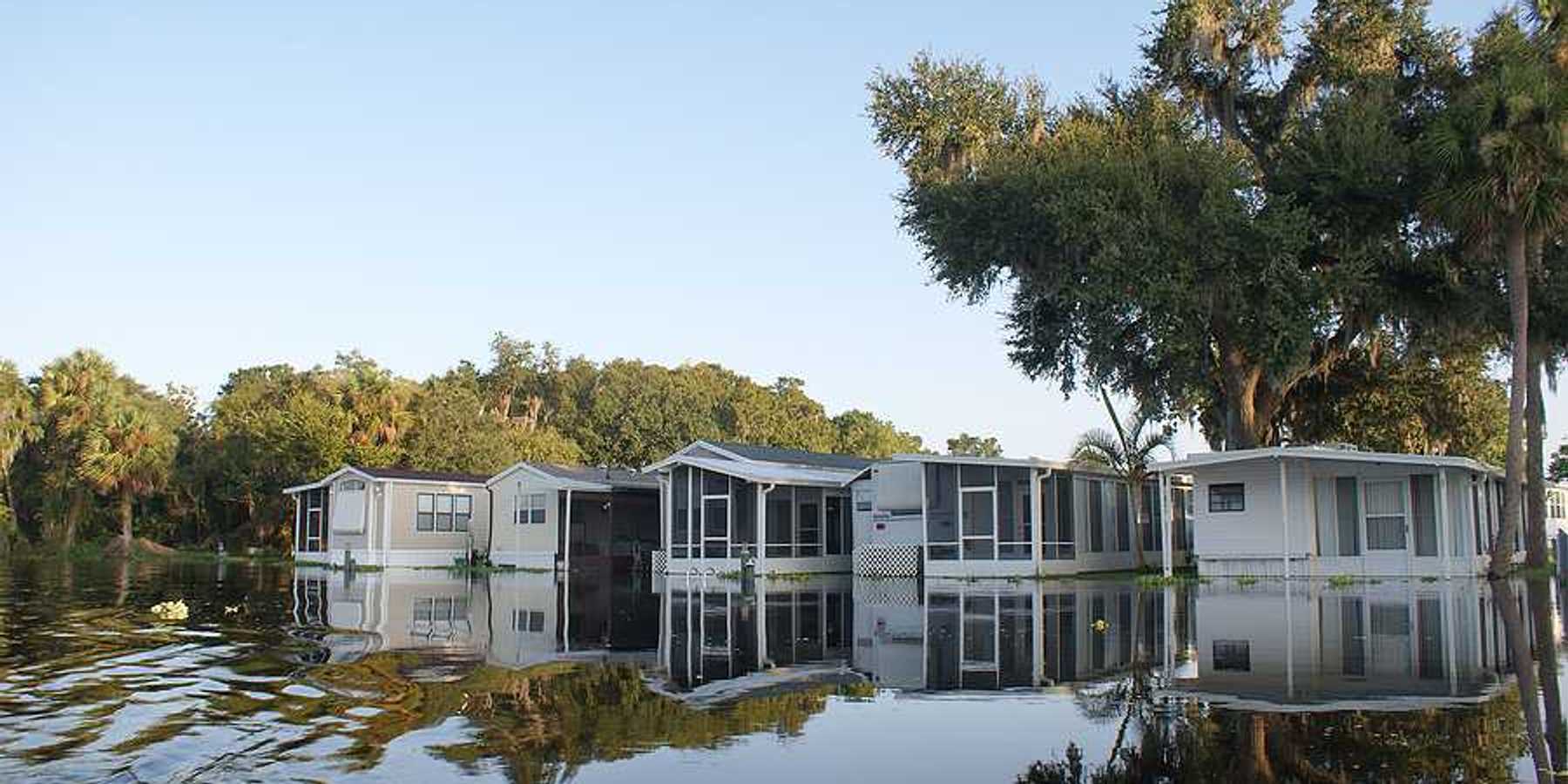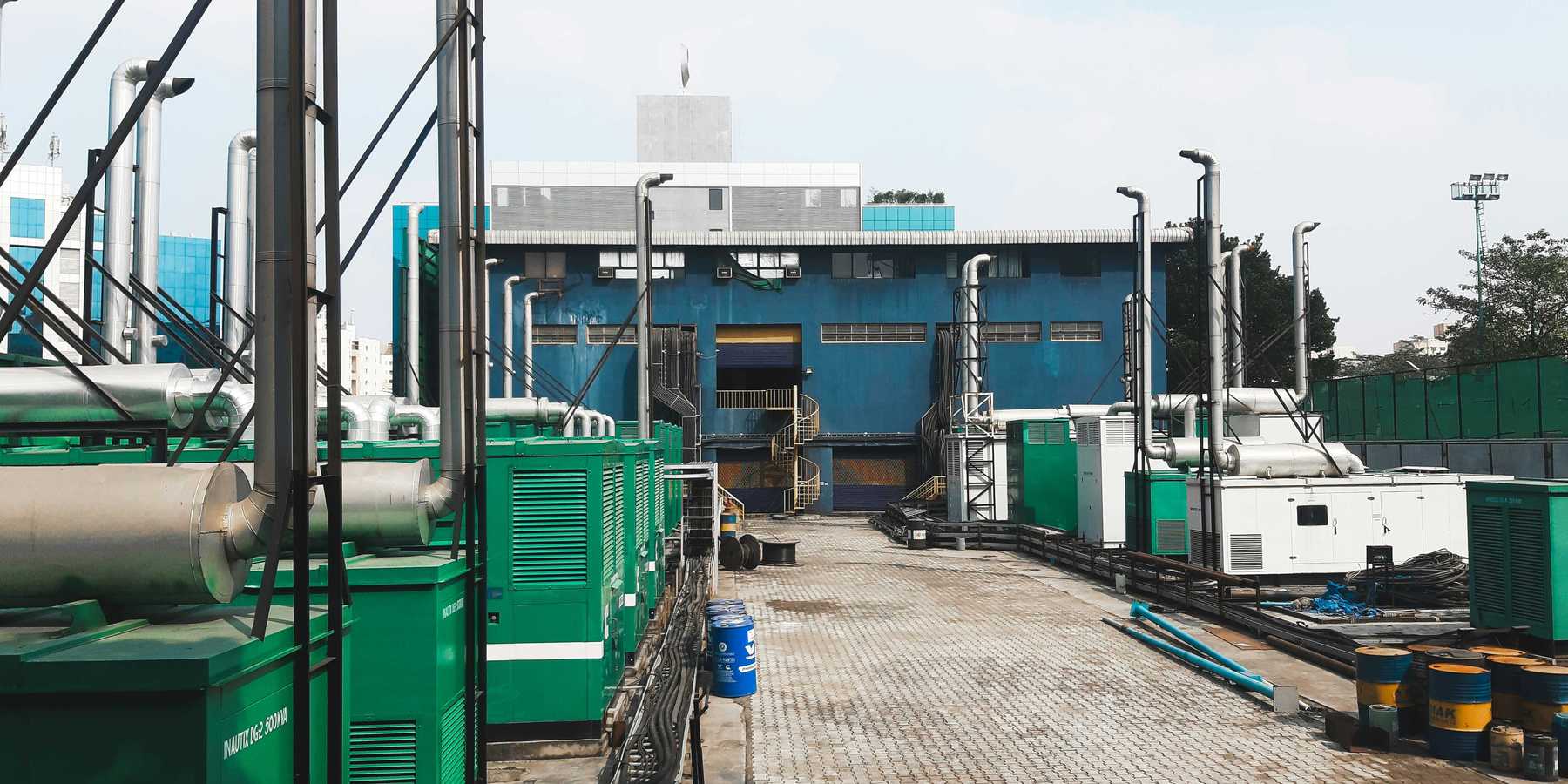Architect of EPA's 'endangerment finding' warns about consequences of Trump administration's repeal
The Trump administration is preparing to rescind a 2009 federal determination that greenhouse gases endanger public health, a move that would strip the government’s authority to limit climate-warming pollution.
Oliver Milman reports for The Guardian.
In short:
- The Environmental Protection Agency’s proposal would overturn the “endangerment finding,” which has served as the legal basis for regulating greenhouse gases under the Clean Air Act.
- Former EPA officials and scientists warn that reversing the finding ignores mounting evidence of harm, including more frequent heatwaves, wildfires and billion-dollar disasters since 2009.
- Environmental groups are expected to challenge the rule in court, citing a 2007 Supreme Court decision that established the EPA’s duty to regulate greenhouse gases.
Key quote:
“The science is clearcut, the impacts are clearcut and the law is clearcut. The challenge should be how we reduce emissions rather than debate whether there’s a problem.”
— Jason Burnett, former associate deputy administrator of the EPA during the George W. Bush administration
Why this matters:
Greenhouse gases like carbon dioxide and methane trap heat in the atmosphere, driving rising temperatures, stronger storms, and widespread drought. In the United States, these shifts have fueled catastrophic floods, wildfires and crop failures that damage communities and strain public health systems. The endangerment finding has been the cornerstone of federal climate policy for more than a decade, enabling limits on pollution from vehicles and power plants. Rolling it back would remove one of the few nationwide tools for curbing emissions at a time when extreme weather is becoming more destructive and costly, and when scientists say warming trends are accelerating faster than earlier projections suggested.
Read more: Climate change data is being erased from U.S. government websites under Trump













